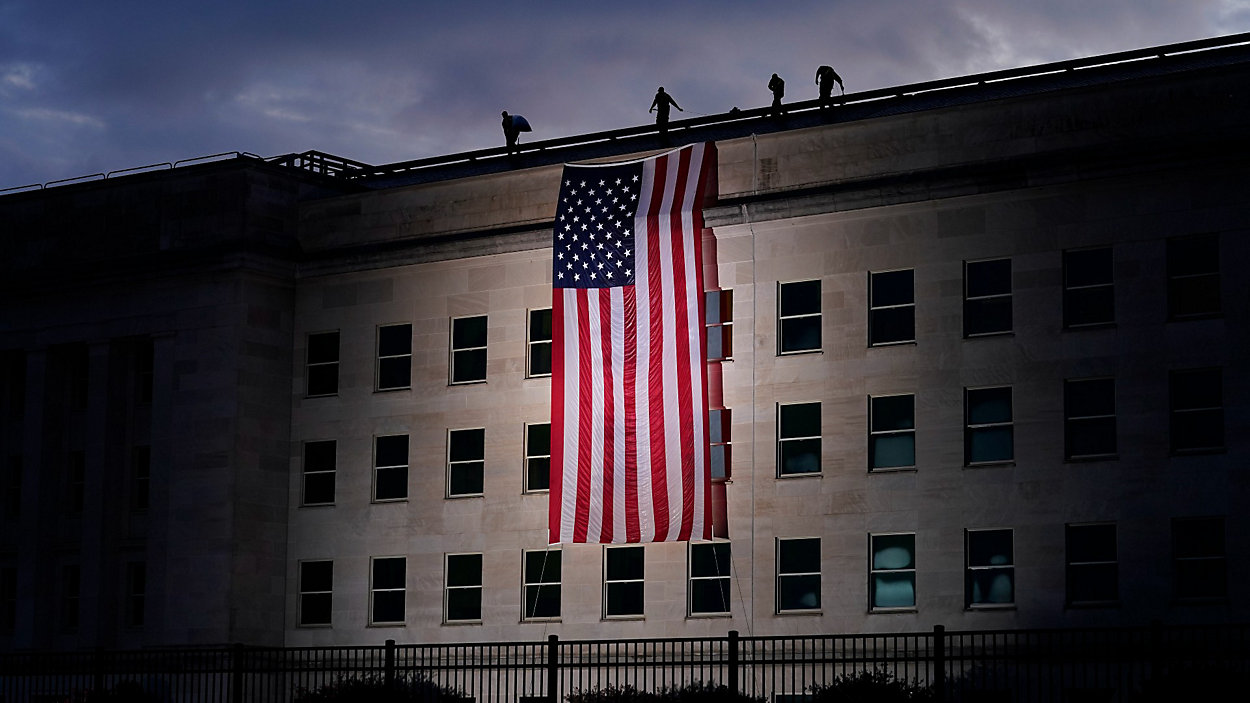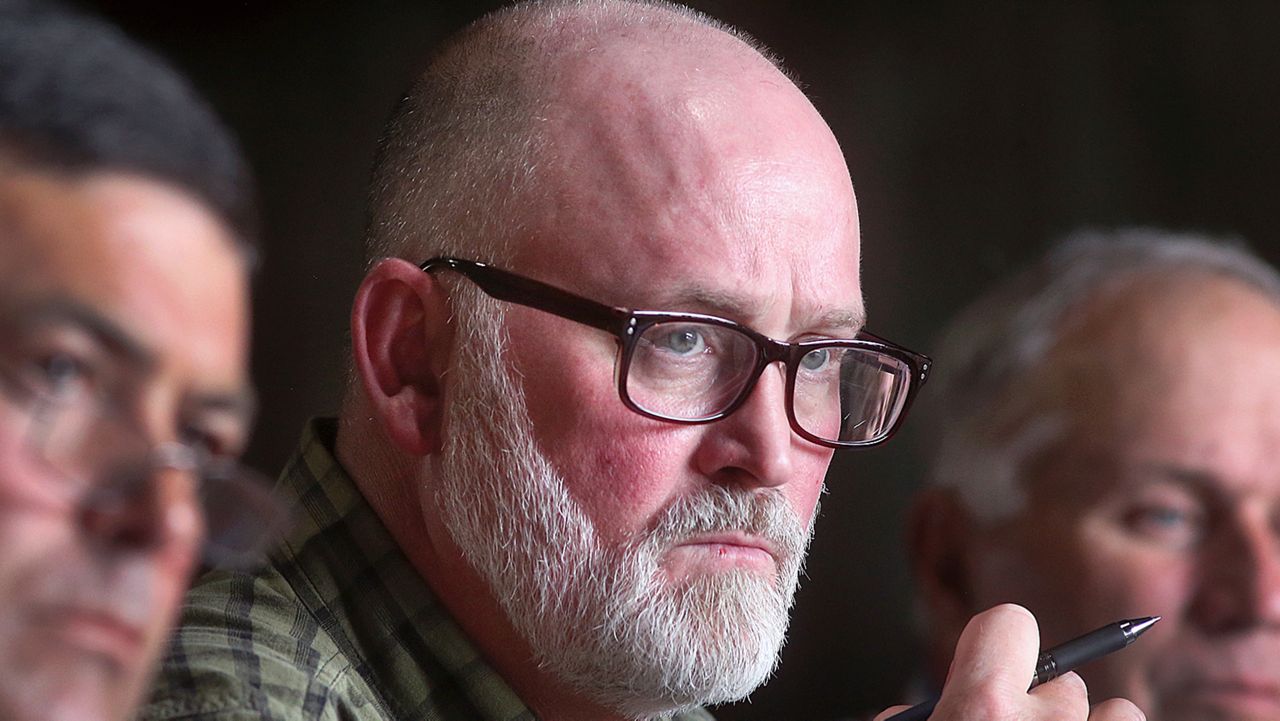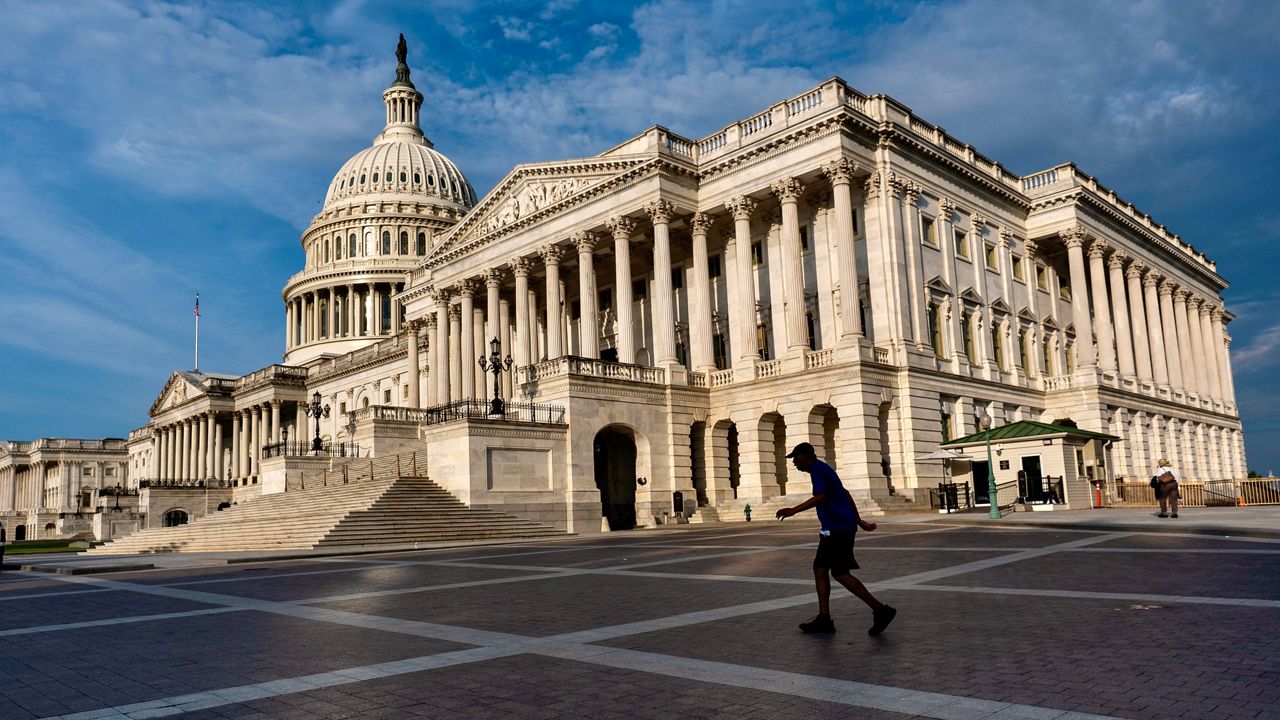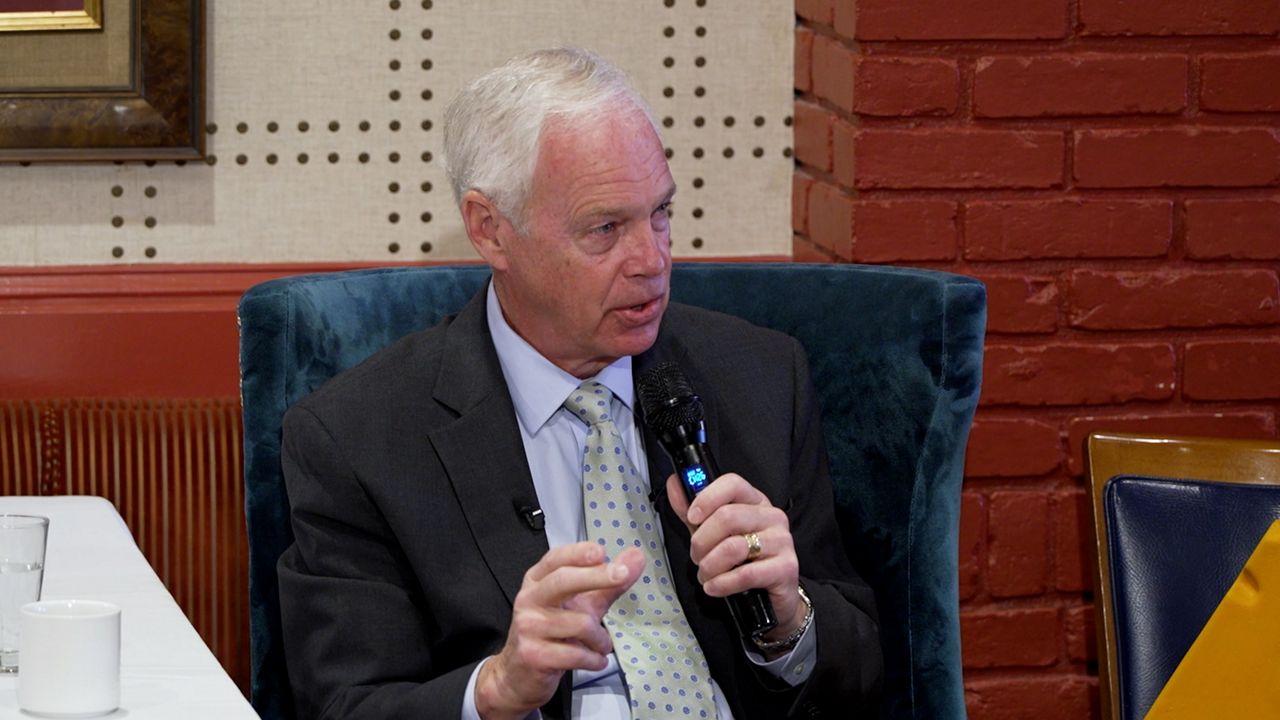WASHINGTON — Nathan Coward was a soldier at Fort McNair in Washington, D.C. when terrorists flew a plane into the Pentagon on Sept. 11, 2001. He responded to the attack, helping to recover the victims and remove debris.
“It just felt like I was sitting in a movie that was not real,” he said.
Because of his contact with toxic debris, Coward developed sarcoidosis, which causes inflammation in the lungs. He medically retired from the Army in 2003.
“I couldn’t run. I couldn’t do my job anymore. I was getting winded just walking up a few steps,” he said.
A Wisconsin native, Coward now lives about an hour north of Sun Prairie, where he grew up. Ten years ago, he enrolled in the World Trade Center Health Program, which helps 9/11 first responders and others exposed to toxic dust and debris receive medical monitoring and treatment. Six years later, he received troubling news.
“In 2021, the World Trade Center Health Program informed me that they intended to dis-enroll me from the program because they had made a mistake,” Coward said at a press conference in 2023. “According to the program, some active duty military — like myself — and some civilians are not eligible to be enrolled.”
Coward fought to expand the program to include 9/11 military first responders and civilians who responded to the attacks at the Pentagon and in Shanksville, Pennsylvania. Congress agreed to the expansion, but now Coward has a new concern: the program needs more money. So he’s once again pushing lawmakers to act.
“It’s upsetting to me now, because there’s already cuts being made to the program in preparation for that funding shortfall,” Coward said. “And for military responders, we were officially allowed to start enrolling in the World Trade Center Health Program Sept. 11 of 2024, which means that all of those military people that just recently found out that they’re eligible for the World Trade Center Health Program are now getting rejection letters.”
It’s estimated the program could face a funding shortfall in as soon as two years. There’s now legislation in both chambers of Congress to provide the necessary money. Wisconsin’s Democratic Sen. Tammy Baldwin has hopped on as a sponsor.
“Survivors of 9/11 and the brave men and women who ran toward danger that day are owed more than just our respect,” Baldwin told Spectrum News in a statement. “They had our backs, and it’s only right that we have theirs.”
The legislation in the House has bipartisan support. The related bill in the Senate so far only has Democratic sponsors. The White House did not respond to a request for comment on whether the President would support the legislation. The office of Senator Ron Johnson, R-Wis., also did not respond to a request for comment.
Coward said it’s a frustrating time right now.
“There’s a lot of reasons that the military members feel like we’ve been forgotten in all of this, and we don’t want to overshadow anything,” Coward said. “The only thing that I want is to make sure that we have the health care that we need.”
Follow Charlotte Scott on X.









